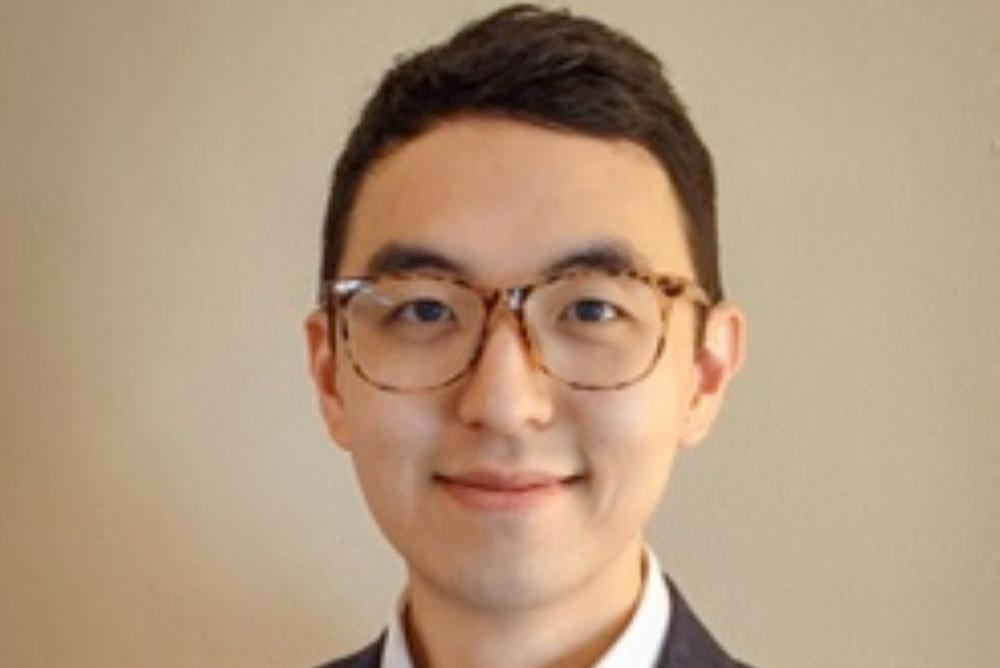A&S Graduate Studies
[PAST EVENT] Woosub Jung - Computer Science, Defense

Abstract:
Recently, as the Internet of Things (IoT) technology has become smaller and cheaper, ubiquitous sensing ability within these devices has become increasingly accessible. Learning methods have also become more complex in the field of computer science accordingly. However, there remains a gap between these learning approaches and many problems in other disciplinary fields. In this dissertation, I investigate four different learning-based studies via ubiquitous sensing for solving real-world problems, such as in IoT security, athletics, and healthcare.
First, I designed an online intrusion detection system for IoT devices via power auditing. To realize the real-time system, I created a lightweight power auditing device. With this device, I developed a distributed Convolutional Neural Network (CNN) for online inference. I demonstrated that the distributed system design is secure, lightweight, accurate, real-time, and scalable. Furthermore, I characterized potential Information-stealer attacks via power auditing. To defend against this potential exfiltration attack, a prototype system was built on top of the botnet detection system. In a testbed environment, I defined and deployed an IoT Information-stealer attack. Then, I designed a detection classifier. Altogether, the proposed system is able to identify malicious behavior on endpoint IoT devices via power auditing.
Next, I enhanced athletic performance via ubiquitous sensing and machine learning techniques. I first designed a metric called LAX-Score to quantify a collegiate lacrosse team’s athletic performance. To derive this metric, I utilized feature selection and weighted regression. Then, the proposed metric was statistically validated on over 700 games from the last three seasons of NCAA Division I women’s lacrosse. I also examined the biometric sensing dataset obtained from a collegiate team’s athletes over the course of a season. I then identified the practice features that are most correlated with high-performance games. Experimental results indicate that LAX-Score provides insight into athletic performance quality beyond wins and losses.
Finally, I studied the data of patients with Parkinson’s Disease. I secured the Inertial Measurement Unit (IMU) sensing data of 30 patients while they conducted pre-defined activities. Using this dataset, I measured tremor events during drawing activities for more convenient tremor screening. Our preliminary analysis demonstrates that IMU sensing data can identify potential tremor events in daily drawing or writing activities. For future work, deep learning-based techniques will be used to extract features of the tremor in real-time.
Overall, I designed and applied learning-based methods across different fields to solve real-world problems. The results show that combining learning methods with domain knowledge enables the formation of solutions.
Bio:
Woosub Jung is a PhD candidate in the Department of Computer Science at William & Mary (W&M). His PhD advisor is Dr. Gang Zhou, and his research interests lie in ubiquitous/mobile computing, IoT machine/deep learning system design in interdisciplinary fields, and IoT security and privacy. His research has been published in top-tier venues, including UbiComp, IPSN, and SenSys. He won the prestigious award from W&M for his excellence in research, the Graduate Park Award, in 2022, and was also awarded the Commonwealth Cyber Initiative (CCI) Dissertation Fellowship. Previously, he received his Bachelor of Science and Master of Science from Hanyang University, Korea (the Republic of).
